
In Nine Parts of Desire: The Hidden World of Islamic Women, journalist Geraldine Brooks tells the disturbing story of a Palestinian woman who was the fifth daughter in a family desperate for sons. Her parents named her Tamam (meaning “enough” or “finished”) to express their desire for the long run of unwanted girls to end. Several years later, their prayers were answered with the births of two sons.
It doesn’t take much to imagine the deflating effect this had on Tamam’s self-image.
Tamam’s story reminded me of a conversation I had with a young Tanzanian friend. When I asked Kitula what it was like to be his father’s firstborn son, I saw a sudden change in his demeanor. His eyes lit up. His shoulders straightened, and he held his head a little higher. “I am my father’s confidant,” he replied warmly. “My father makes no decision without first consulting me.” He went on to describe how his siblings esteemed him and deferred to his leadership. Unlike Tamam, his name was a source of understandable pride. At his birth, his father gave his own name to him. Twice. “Kitula Kitula” bore the double honor due the eldest son. He was the pride of his family, the promise of their future. As a son, he would carry on his father’s name, build his father’s house and inherit his father’s wealth.
As a daughter, what troubles me most about these two stories is the fact that they resemble the culture of the Bible—a society where sons were held at a premium and daughters didn’t count. Hannah didn’t pray for a child. She pled for a son. Jacob’s wives were in an all out war to see who could produce the greatest number of sons for their husband. Dinah, the one daughter mentioned, is Leah’s disappointing seventh child—the girl who cheated her mother out of the crowning achievement of producing seven sons.
Biblical scholars go to great lengths to explain why four women’s names were included in Matthew’s genealogy of Jesus. And here’s an unsettling (but hard to miss) bit of trivia: of approximately 3000 characters in the Bible, less than 10 percent are women. A ratio like that makes one wonder if God rejoices in his sons but, apart from rare exceptions, cares less about his daughters.
Does this reflect the teaching of the Bible? Or is the fallen patriarchal culture that forms the backdrop of the Bible simply the best exclamation point to place alongside the true message God is revealing?
After my encounters with Tamam and Kitula, I’m leaning toward the latter.
Now, whenever I come across the word “son” in the text, a richer meaning opens up to me. I am jolted as never before by Paul’s earthshaking words to a group of believers that included women whose births were disappointments to their fathers. What sounds at first to my Western ears like an attempt to exclude women, is exactly the opposite. In one boldly counter-cultural sentence Paul discloses God’s heart for his daughters and elevates women to full status in God’s family. “You are all sons of God through faith in Christ Jesus” (Galatians 3:26, emphasis added).
I am a daughter, to be sure. But my heart is deeply encouraged because I know God values, views, and counts on me as a son. I carry on my Father’s name, build His kingdom and am a full heir alongside my brothers.
No member of God’s family—male or female—will ever bear the name “enough.”




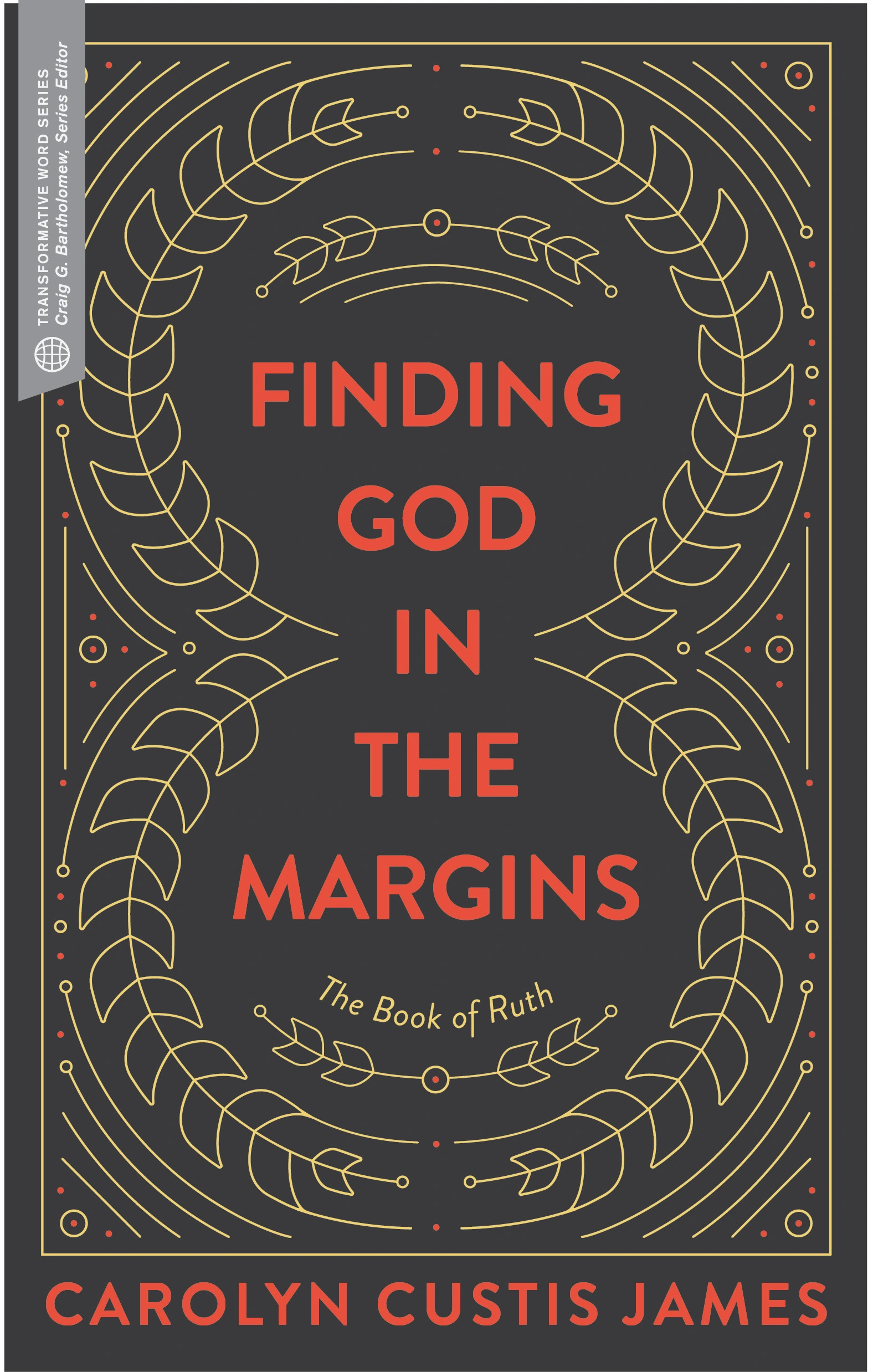
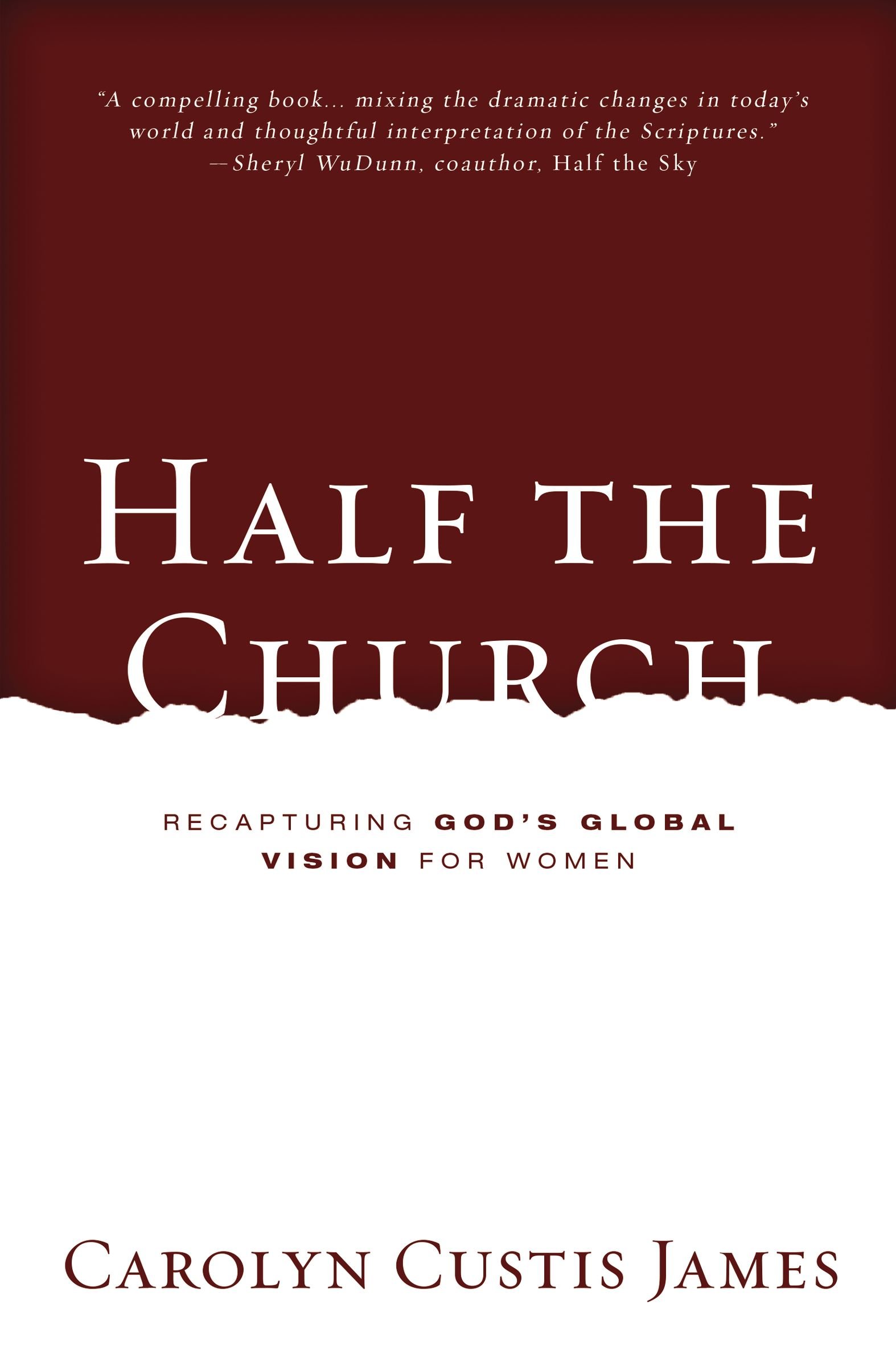
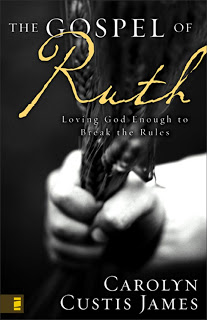
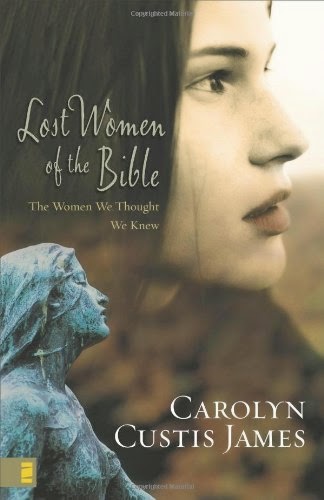

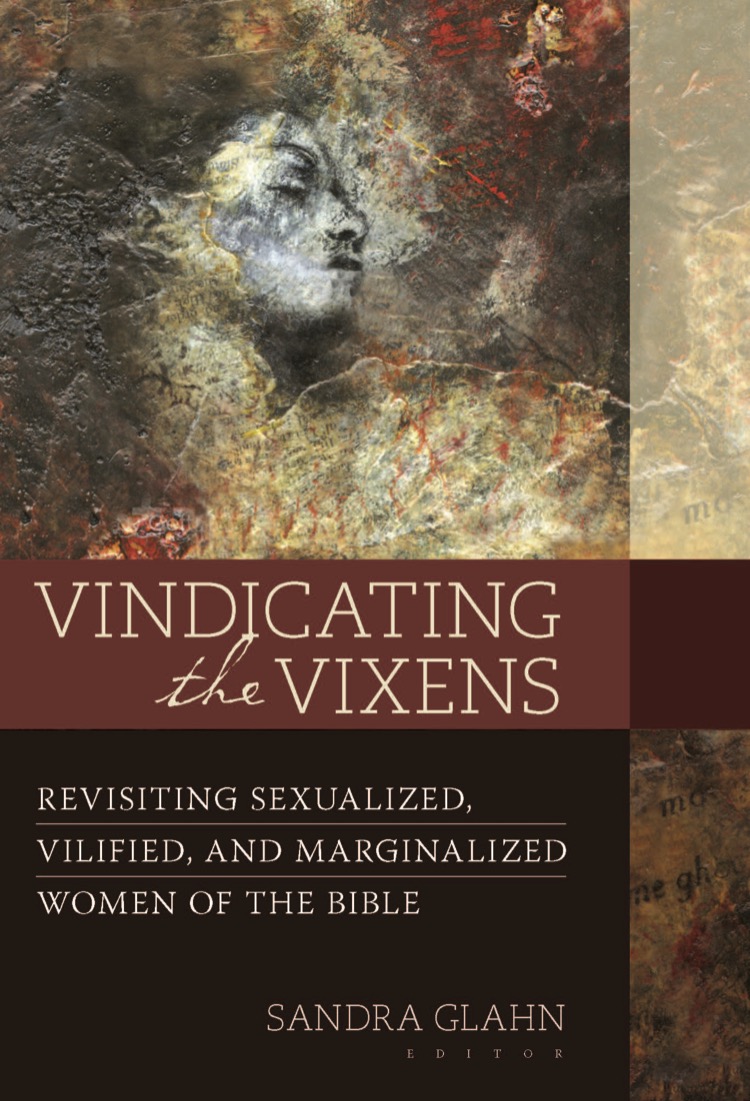




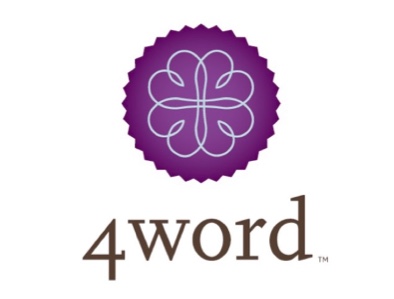
Dear Sister Carolyn,Having followed The Way for 38 years…yesterday a true Refuge appeared for me: I discovered at Borders Bookstore “The gospel of Ruth,” and your deep giftedness. I’d never heard of you before….and ‘chanced’ upon your book while browsing.(You may be pleased to note that Borders prominently featured yours in their “New in Hardback” section–right inside their main entrance…)I was totally captivated in ten minutes. The combining of the historicity of Ruth’s culture, penetrating unveilings of her intent and struggles, and bringing the relational dynamics to light in such a way that speaks to the deepest part of your reader’s heart thru profoundly applicable deep biblical revelation of the Heart and Intent of God….riveted me to my chair for three hours. I cancelled 2 other appointments in the process.The church NEEDS more eyes like yours that peer deeply into the cross-section of God’s Transforming Grace and sovereignty lived out thru our interpersonal relationships.I have just gone thru a very, very hard time in my walk with Him.“The Gospel of Ruth” wonderfully enfleshes the deep mystery (and Glory!) of His Calling upon us — lived out in our relationships — and gives me great encouragement to more fully embrace our God…who sometimes says, “No.”THANK YOU SO MUCH for your loving, articulate and captivating map into His Heart….and helping me to say, “Yes, Lord” in response. You have truly helped me in a most difficult time….and I am only on page 32.Gregory Benesch
LikeLike
So well said.
LikeLike